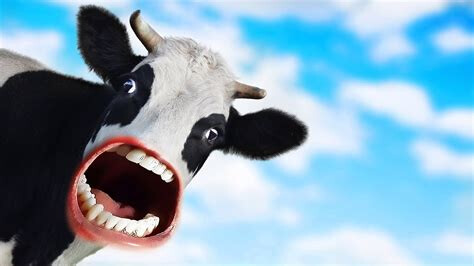After Yakei’s altercation with Nanchu, reserve workers performed what is known as a “peanut test”: providing the monkeys with peanuts and seeing who eats first. Males and females stepped aside to let Yakei eat first, a confirmation of her alpha status.
Since then, “Yakei has shown some behaviors typically seen only in dominant males, such as walking with her tail up and shaking tree branches with her body. It sounds as if she is behaving like an adult male, being more aggressive than other individuals,” said Mr. Kaigaishi, who is not affiliated with the reserve.
Although Yakei seems to be leaning into her role, she is likely to face challenges. The reign of an alpha can last from a few months to over a decade. But observers of the troop say that mating season could change things for Yakei.
Mating time at the reserve, which typically runs from November until March, is in full swing. During the breeding season, male and female macaques, which are polygamous, form pair bonds. They mate, feed, rest and travel with their partners for an average of 16 days. After this period, the bond dissolves, and the females seek new partners. Females typically mate with an average of four males each breeding season.
“Mating season generally heats things up in Japanese macaque society,” said Katherine Cronin of the Lincoln Park Zoo in Chicago, who studies animal social behavior and cognition, including of her zoo’s own Japanese macaques. “The environment becomes more competitive and tense.”
During previous breeding seasons, Yakei paired with Goro, a 15-year-old male ranked sixth within the troop. According to the reserve, the Japanese newspaper Manichi Shimbun reported, Goro bit Yakei in the face in 2019, a move that caused her bottom to flush bright red — a sign she was ready and willing to take him as a mate. However, since Yakei has claimed the troop’s top spot, Goro seems to have lost interest in her.
Since then, another male, an 18-year-old named Luffy, ranked fifth in the troop, has tried to woo Yakei, but to no avail. “Luffy likes Yakei, but it appears one-sided,” Satoshi Kimoto, a guide at Takasakiyama, said in an email.
Yakei could feasibly form pair bonds with both Goro and Luffy over the course of this breeding season. However, her distaste for Luffy seems to have recently evolved into something more akin to fear.
“I visited Takasakiyama last week and observed that Yakei showed a facial expression (known as ‘fear grimace’) typical for subordinate individuals against Luffy,” Mr. Kaigaishi said in an email. “Also, I observed Luffy pushing Yakei away to monopolize food.”
While Mr. Kaigaishi said more data was needed to reach any conclusions, he added, “It seemed that Luffy was dominant over Yakei.”
Whether Yakei’s behavior is the result of a fall from power or simply a sign she doesn’t wish to mate with Luffy is not yet clear. Mr. Kimoto said he still believed that Yakei held the top spot and that “she won’t fall from the top only from mating.”
If Yakei’s rule continues, scientists like Mr. Kaigaishi will have a unique opportunity to study how Japanese macaques fare in a society led by a female.
“Japanese macaque society is so dramatic and unpredictable,” he said, “which is why many people, both researchers and nonresearchers, love to observe them.”
%%%%%%
That is all the article say about the monkey thing









